There is no doubt that the CDMO has evolved in the past decadewith an increase in demand to reduce cost while keeping a high level of service throughout.
The CDMO industry annual growth rate is around 7%, which slightly outpaces the pharmaceutical sector as a whole at 5% according to a publication by EY.
We have seen a rise in consolidation with the likes of Thermo Fisher, Lonza, Catalent and Cambrex making signification acquisitions over the past few years which has certainly increased their market shares, but is this enough to shake off competition from emerging CDMO’s from Asia?
Fretted with high R&D costs, many U.S/European companies are considering Asian manufacturers for their outsourcing of API development, where we have seen companies save 30-60% off the costs of manufacturing compared to the U.S market.
India-based biopharmaceutical company Biocon, who are heavily involved in the Biosimilar market, are currently launching products with the likes of Sandoz and Mylan in the U.S which is very promising to see. Though India has a globally recognised pharmaceuticals industry, it is heavily dependent on China for inputs. India imports about $3.5 billion of API’s annually, of which 70% are from China.
This also makes you question how much of the market share in Asia is yet to come from China? With China already being one the largest players in the global API market, it’s great to see several investments into smaller CDMO’s to compete against the larger players.
The U.S based CDMO Asymchem has six facilities based in China, with a number of these involved in API biologics, injectables, and clinical dose manufacturing.
Just a few months ago we saw Viva Biotech acquire a major stake in the Chinese CDMO Langhua Pharmaceutical. In the past year we have seen a number of Chinese-based CDMO’s receive funding, most notably MabPlex who received Series A funding of $59M.
When looking at the Biologics market, we have seen Wuxi Biologics invest over $80M in a new facility in Singapore.
However, whilst this is a cost effective way of outsourcing your API development, there are some factors that need to be taken into consideration to ensure facilities are following GMP guidelines which face high scrutiny from the U.S government. We have seen some inspections fail and subsequently result in banned imports due to these reasons.
One of the most important factors when considering outsourcing with manufacturers in Asia is the CDMO’s track record and the structure of their Project Management team. There are a number of pros and cons when considering using an Asian-based CDMO, and I believe we will only see an increased rise in this over the next coming years.
As a headhunting firm, we partner with world-leading CDMO’s across the U.S, Asia and Europe, supporting their growth across a number of different areas.

